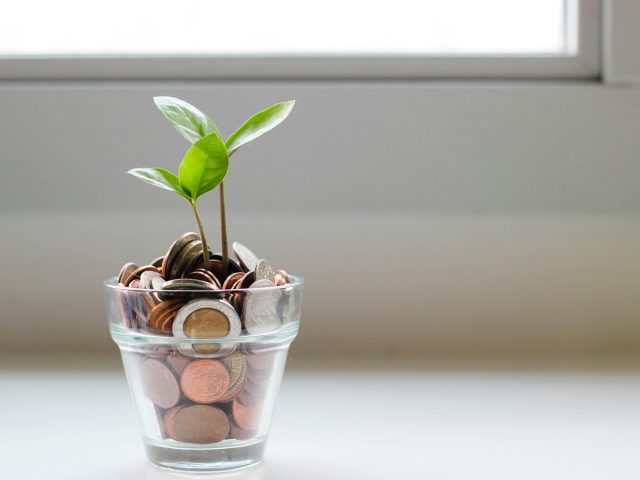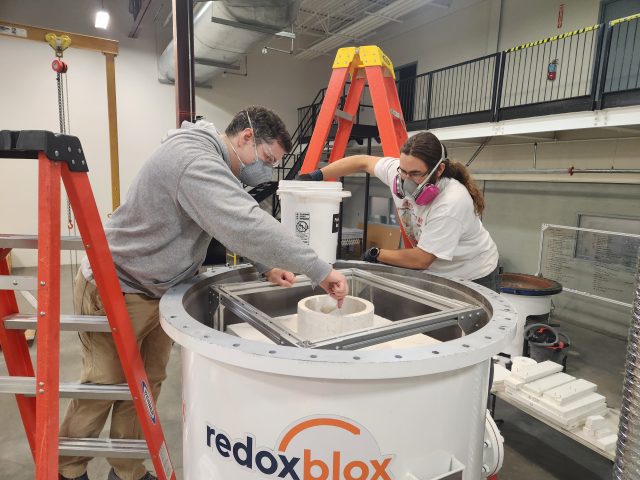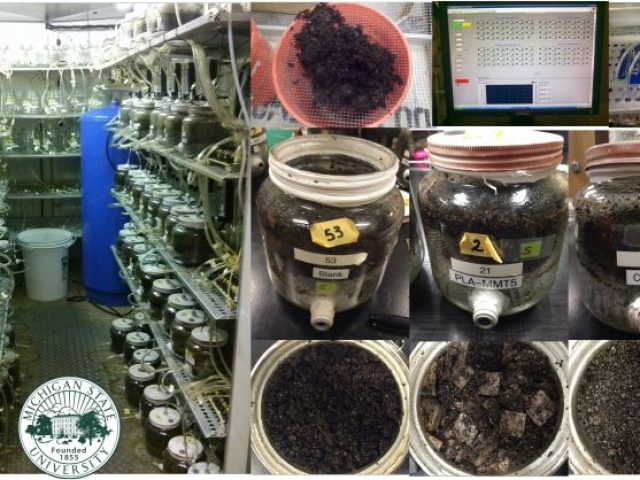MSU researchers to explore climate change solutions based on Indigenous knowledge in new NSF grant
As we recognize Sustainability Month, we’re proud to highlight the incredible work of MSU faculty who are pioneering sustainable solutions to some of the world’s most pressing challenges. It’s long been known that Indigenous communities around the planet are on the frontlines of climate change impacts. In a new international joint initiative, researchers led by …









